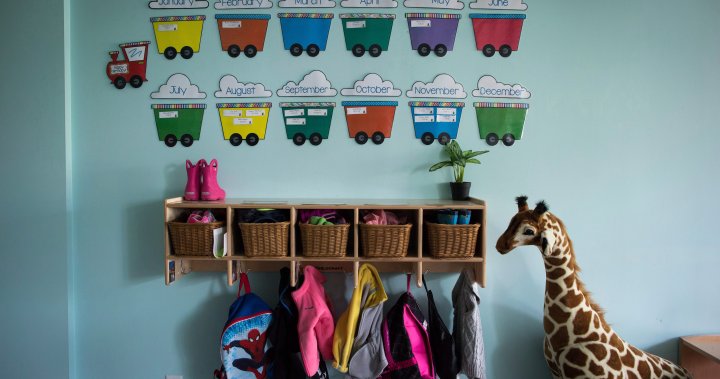Given that so much of the immigration is from the Indo-Pacific, I can say on pretty good standing that Asian parents (by and large) do
not say that.
The complementary uncomfortable question is the negative impact that having children has on a career, especially for the woman. Even if the cost of childcare wasn’t a factor (e.g. family can take care of the kid), how many women have to give up their F/T career once they had a child?
Not sure how one could fairly survey this but how many employers would have an unconscious bias against hiring someone with no children vs one with small children, or one with school-age children?
ETA: I would just like to point out that while this is good discussion, this particular thread has shades of “CAF picture of white men talking about women’s issues” - unless I’m mistaken, I haven’t seen a woman comment yet






